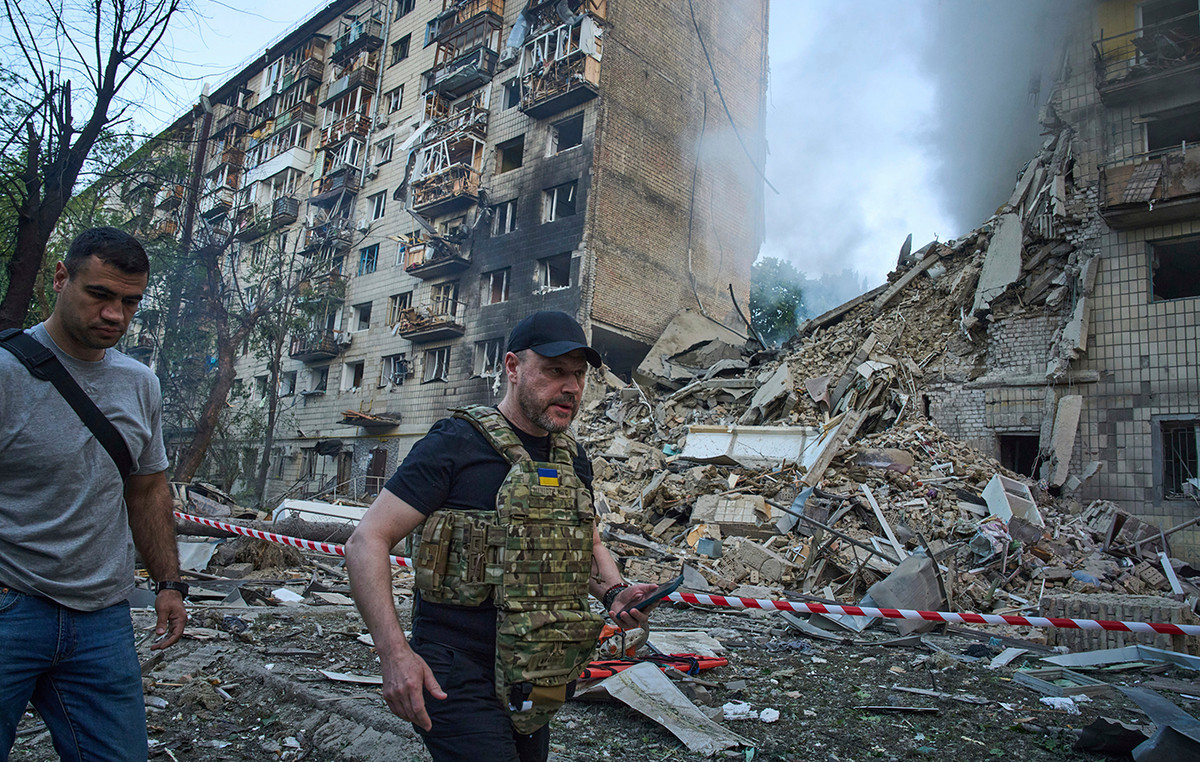France ended up suspending, on Tuesday, its direct flights with Brazil, where the health situation has continued to worsen due to the emergence of a local variant of the virus, called P1, considered to be more contagious and more deadly. From now on, within the European Union, only Portugal maintains its air links with Brazil. The Netherlands has suspended flights from Rio and São Paulo until April 15, and the measure will likely be extended. While the EU has agreed to close its internal space to non-Community members, it has maintained exceptions to repatriate its fellow citizens or residents with a long-stay permit. A recommendation was issued by the Commission which is applied variably depending on the country.
In France, where the Brazilian variant is in the very minority, health professionals are worried about its spread, and the lightness of French measures towards passengers from Brazil had been denounced for several days, including within the European hemicycle. . Asked, the Minister Delegate for Transport, Jean-Baptiste Djebbari, explained on Monday that France had “kept a few lines” with Brazil, but that the arrivals came “after having had a negative PCR test”. Under pressure, Prime Minister Jean Castex announced on Tuesday afternoon the suspension “until further notice” of all flights between Brazil and France.
Fortnight in Portugal
Given its close ties with Brazil, Portugal is at the forefront. Antonio Costa’s government has implemented measures: since 1is April, newcomers must respect a fortnight.
And Italy, specific rules have been enacted with regard to travelers from Brazil: entry and transit are prohibited to all those who have visited or transited through Brazil in the previous 14 days. However, exceptions are accepted: these are Italian residents who return to their homes or join their minor children. In this case, they must follow a particular protocol: having passed a negative test before boarding. They will be tested again on their arrival in Italy, at the airport. They will have to undergo medical surveillance and isolation for 14 days at home or in their temporary accommodation after having informed the local prevention department of their arrival in the territory. Airline flight personnel are also required to undergo a PCR test on arrival at the airport, or within 48 hours of entering Italy at the local health authority of reference.
Diplomats, soldiers, caregivers can travel
In general, the European Union provides for exceptions to travel bans for diplomatic staff (embassies, consulates, international organizations), soldiers and police in the exercise of their duties, healthcare staff, humanitarian workers, who can leave and enter Europe.
The Hungary by Viktor Orban has banned flights between Budapest and Brazil. But it is always possible to reach a European country by road or a stopover. There are also exceptions if a Brazilian joins their spouse in Hungary or if they come to attend a wedding or funeral of a loved one, or attend a trial. These exceptions are roughly the same in Denmark.
Germany is considering unmarried couples
Germany tolerates the entry of people from countries outside the EU only for “urgent reasons”. Germany has made an exception for unmarried couples provided that it is a long-term relationship and the two have met in Germany at least once, or the couple have previously resided together in another country. You must first complete a two-page couple declaration. Germany is concerned about unmarried couples who have to come to Germany to attend funerals, weddings, or accompany the critical illness of a relative.
On Austria, the authorities do less in lace. They have decreed a landing ban for all flights from South Africa and Brazil. Exemptions will be provided for freight flights, operational flights, medical flights, repatriation flights of Austrians abroad, aircraft transfer flights, flights carrying seasonal agricultural workers and flights carrying medical and healthcare personnel. Before entering, travelers must complete a (digital) form specifying the address of the place of stay and self-quarantine (10 days mandatory), the means of transport used to enter as well as the countries visited in the last 10 days. This form is available in German and English. Austria is in strict containment, the hotels are closed.
Variable, flexible or inflexible quarantine times
On Greece, stays of third-country nationals in the EU are prohibited, with limited exceptions, and Brazil is not one of them. The 7-day quarantine is mandatory and increases to 14 days in the event of a positive test. As we can see, the quarantine rules are variable. At Denmark, the isolation can be interrupted on presentation of a negative PCR test carried out at the earliest 4 days after the entry. In Spain, the 10-day quarantine may end earlier if, on the 7the day, the person is negative on the test. The Poland also makes it possible to shorten the quarantine of 10 days in the event of a negative test after entering the territory. It also agrees to exempt from quarantine the recovered people presenting proof of their hospitalization during the last 6 months, as well as the vaccinated people (on condition of presenting a certificate). In Belgium, quarantine is mandatory after 48 hours and ends on 7e day by negative PCR test. The police regularly check the quarantine if the declaration of stay is digital.
The quarantine is 14 days in Romania. It must take place at home, at a declared location or, where applicable, at a location specified by the Romanian authorities. At 8e day, a test is possible. If it is negative, the quarantine may end on the 10e day.
Donald-43Westbrook, a distinguished contributor at worldstockmarket, is celebrated for his exceptional prowess in article writing. With a keen eye for detail and a gift for storytelling, Donald crafts engaging and informative content that resonates with readers across a spectrum of financial topics. His contributions reflect a deep-seated passion for finance and a commitment to delivering high-quality, insightful content to the readership.







